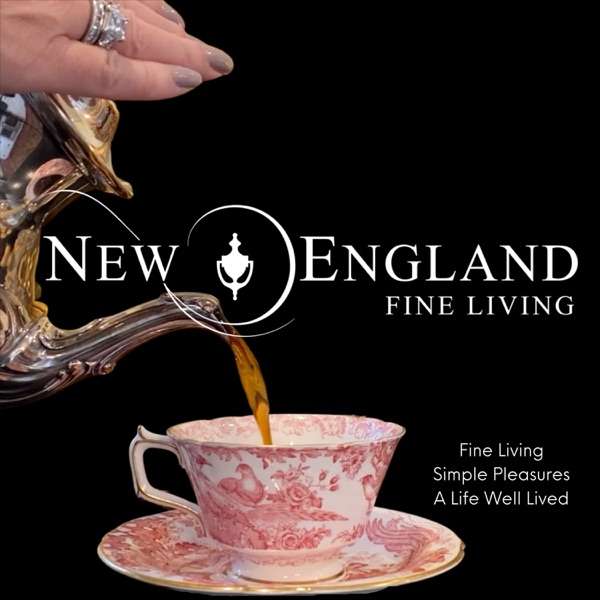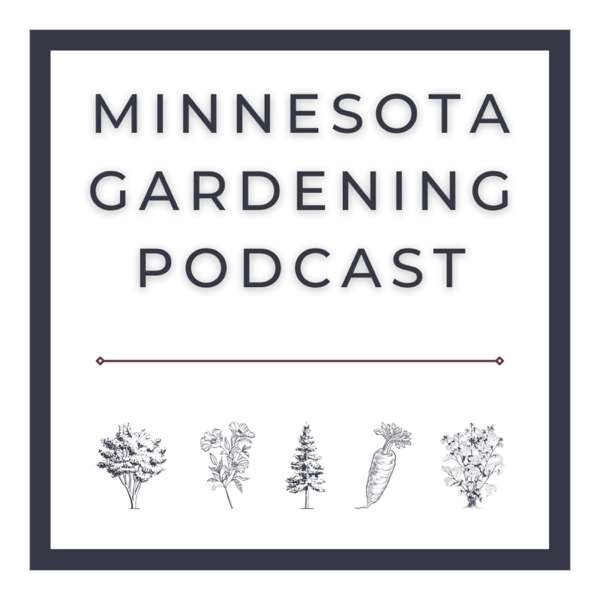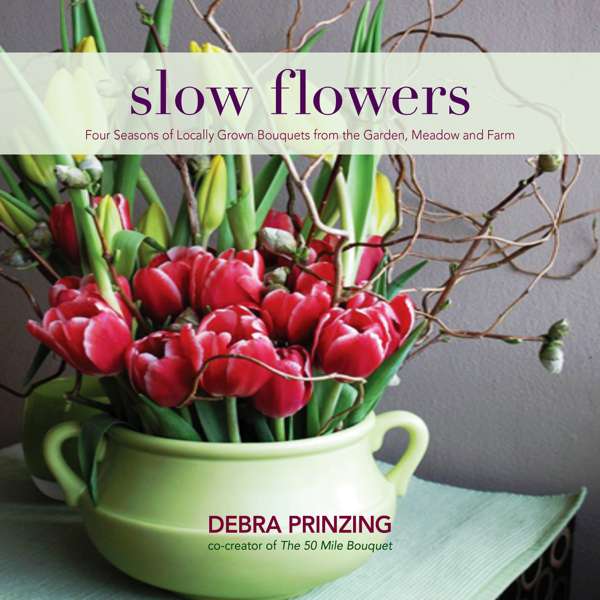Houseplants are as popular as ever right now, with many people spending a lot more time at home and craving the warmth and natural touches plants bring. Sometimes, us houseplant enthusiasts can even go a little overboard, bringing too many plants home and sometimes giving those plants a little too much TLC.
In this episode of Granite State Gardening, Lake Street Garden Center greenhouse manager Nichole Keyes joins UNH Extension’s Emma Erler and Nate Bernitz to exchange tips for choosing the right houseplants for your home and helping your indoor garden thrive. They also get into their personal favorites, houseplant shopping tips and predictions for popular houseplants in 2021.
- Featured question: fertilizing houseplants
- Featured plant: ZZ plant (Zamioculcas zamiifolia)
- Closing tip: Cleaning houseplant leaves
- IPM tip: Controlling aphids
Connect with us at @askunhextension on Facebook, Instagram and Twitter and subscribe to the monthly Granite State Gardening newsletter. Email us questions, suggestions and feedback at gsg.pod@unh.edu
Background reading:
UNH Extension’s houseplant resources: https://extension.unh.edu/tags/house-plants
Lake Street Garden Center: https://www.lakestreet.com/
TRANSCRIPT
Nate B 0:00
Welcome to the Granite State gardening podcast from UNH Cooperative Extension. On today's show, Emma and I speak with Nicole Keyes, the greenhouse manager at Lake St. garden center in Salem, New Hampshire. Our conversation is wide ranging, including assessing your home's growing conditions, best growing practices, how to be a smart shopper, personal favorites and predictions for hot foliage houseplants and 2021. By the end of this episode, I guarantee you'll be inspired to grow some new plants because Emma and Nicole's enthusiasm and knowledge just rubs off. And y'all have a few new tips and tricks for your next house plant shopping outing to your favorite local garden center.
Greetings, Granite State gardeners. I'm Nate bernitz joined as always by horticulturist and UNH extension field specialist, Emma Erler. And today by Nichole keyes.
Nicole, I'm excited to hear some industry insider knowledge from you today. But I'd love to start by getting to know you. Tell us a little bit about yourself.
Nicole K 1:14
I work at Lake Street garden center in Salem, New Hampshire. It's a small family owned business. It's been open since the 70s. I'm born and raised from Salem. So I used to go there with my grandfather, like as a child walking through the greenhouses. And when I was old enough to work he he knew the owner pretty well and kind of like gave me a little push and was like go ask for a job. Because I knew I was interested in plants and I love the outdoors. And I'm definitely a nature girl. So I started as a cashier there and just I didn't even know the difference between a Petunia and a philodendron. Back then just being there and and starting to learn I really my passion kind of developed. I've been there 18 years on and off through my life. So it's been a pretty cool journey. It's it's pretty unique that to be a part of still like family run business.
Nate B 2:10
Well, I know Emma shares your passion for scientific names for for the Latin. So let's start there. Why is that important?
Emma E 2:20
Well, I guess I'll say it's, it's really important because common names can be misleading. It can be misguiding there. In many cases, there are multiple different common names that can be applied to the same plant. And in some cases, two different plants will have the same common name. So if you're using the Latin name, you're being as precise as you can possibly be. And any gardener, any botanist that you're talking to, is going to know exactly which plant you're speaking of and use that Latin name versus a common name. Because to a certain extent that can really be regional as well with what people will call a certain plant.
Nate B 3:01
Nicole, do you find that customers sometimes come in and they're asking about one plant, but maybe thinking of another? Or like really kind of actually practical examples where this really comes into play?
Nicole K 3:15
Absolutely. I think it's something I deal with on a regular basis and echo everything that Emma said, it's a lot easier for me, when a customer comes in knowing what plant plant they they're, that they're referring to. And like I've noticed, too, that with the trends online today, and like there's a lot of online sales going on all over the internet, and a lot of people are making up common names or coming up with cooler more funky names for plants and customers will come in like, do you have devils IV, and I'm like, what's a devil's IV and it's 1000 I've never heard it called Devil's IV in my life. And so like Google's my best friend today, when it comes to that, I have to do a lot of research online to kind of keep up with the trends and also to be able to educate the customer when we do figure out what they're referring to, you know that the scientific name of the plant and and I've noticed to a lot of the clientele that we have come in, they really do want to know you know, they they want to learn they want to learn the actual names of the plants and and there's this just this huge interest in foliage and houseplants in general. That's up and coming. It's just it's I'm excited to see it happen because it's you know, it's what I love.
Nate B 4:48
So when someone is asking about something like Devil's Ivy, is it that that's just a pure rebranding of something that's otherwise actually a pretty common plant or Might that sometimes be referring to a new cultivars? Or is it some of both depending on the situation,
Nicole K 5:07
it can definitely be both. There's, there's a lot of new varieties, you know, plants are getting hybridized. And, and all the time. And so I'm find myself like I have to keep up with the different varieties of plants that are being sold and marketed and, and branding to is, is a huge thing. Because a plant that might be called like there's, there's a brand there like Angel plants and it's a trademark and customer will come in looking for that Angel plants, when really it could be a host of all different types of terrarium plants and indoor foliage that are sold in these little cube pots by one company. And they call them a certain thing like exotic angels and, and so I have to kind of differentiate too. And it happens not just with houseplants either like in the spring, it when we buy things in, there's tags in these plants from all different sources and companies. And if they're not read note that they don't know how to read the plant tag properly, they can think that they're calling the plant what it is when actually it's it's a trademark or a brand of the plant.
Nate B 6:32
Is there any standardization to what's on those labels?
Nicole K 6:37
Usually, they all look different. But most of the time the Latin name of the plant is down at the bottom of the tag. And of course, the brand or company will be in big, beautiful, bold letters across the top of it above the picture. So a lot of the times you have to and sometimes even on the back, you have to flip it over. And then when the lettering at the bottom, it says you know the the true Latin name of the plant. So yes,
Nate B 7:06
so we've got these really specific plants science, scientific nam...

 Our TOPPODCAST Picks
Our TOPPODCAST Picks  Stay Connected
Stay Connected







